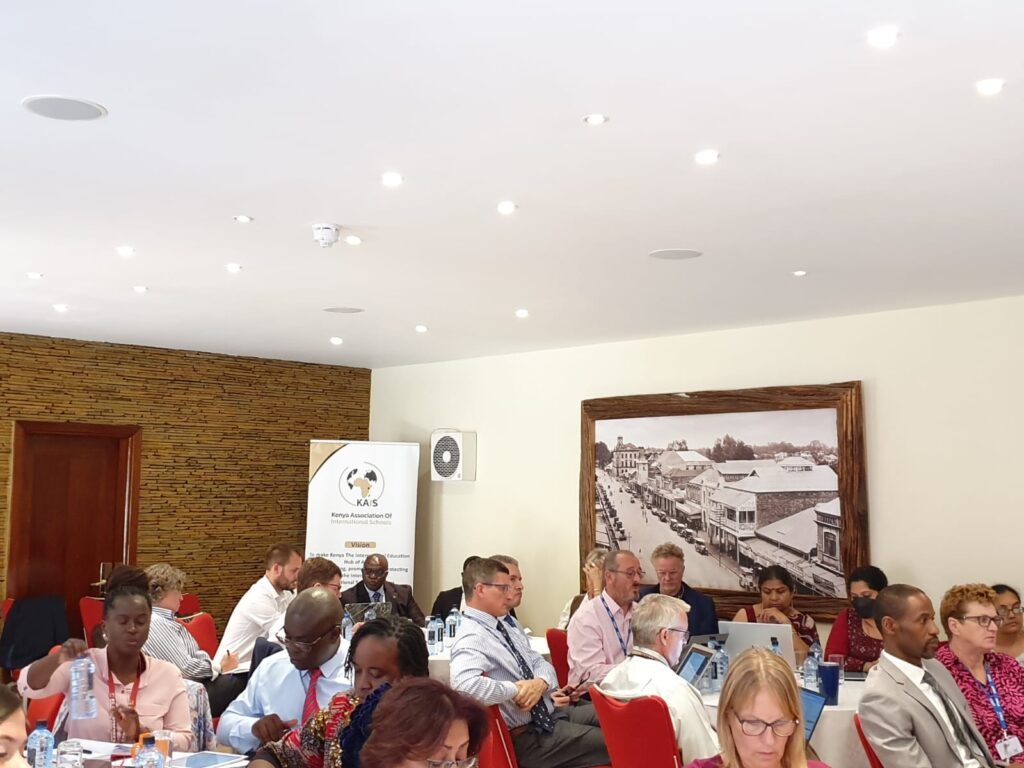HISTORY OF KAIS
The idea of KAIS was first mooted in 2004 and began as a conversation amongst five (5) like-minded International School practitioners in the country, convened by Terry Childs. The meetings were informal and were called to discuss issues of mutual interest. These conversations eventually led to the creation of a consultative group christened the “Independent International Schools Consultative Group.” The discussions remained informal until an agreement was reached to formally register the group as an association. The Kenya Association of Independent International Schools (KAIIS) was incorporated as a company limited by guarantee on 30th May 2008.
In 2013, the association had grown to nine institutions and clarified its purpose as a non-commercial entity with a key mandate to advocate on policy issues affecting members and encourage, promote and protect the interests of independent international schools.
It was generally recognized by members within the association that challenges experienced by the sector in the areas of legislative amendments, new education bills/acts, new policies and an ever-increasing changing business environment required the sector to organize and speak with one voice.
To this end, the association sourced for funding from the Business Advocacy Fund to establish a secretariat and embarked on a new member recruitment exercise. The members of the association also agreed to drop “independent” from their registered name and thus became the Kenya Association of International Schools (KAIS).
KAIS TODAY
Today, KAIS boasts over 45 individual member schools with a significant footprint in the country, currently providing education to over 20,000 students hailing from Kenya, Africa diaspora, Europe, Asia, Australia and the Americas.
KAIS provides an advocacy linkage between the sector and the government, promotes best practice amongst members, offers mutually agreed upon support services to members and coordinates theidentificationand resolution of issues of mutual concern and importance to members.
THE FUTURE OF KAIS
KAIS recognizes that the international schools’ sector has undergone immense growth, and is dedicated to ensuring that its advocacy is geared towards the promotion, reinforcement and creation of policy and/or legislation that provides a conducive environment for the business of education so as to ensure that Kenya becomes the international school hub of Africa.

